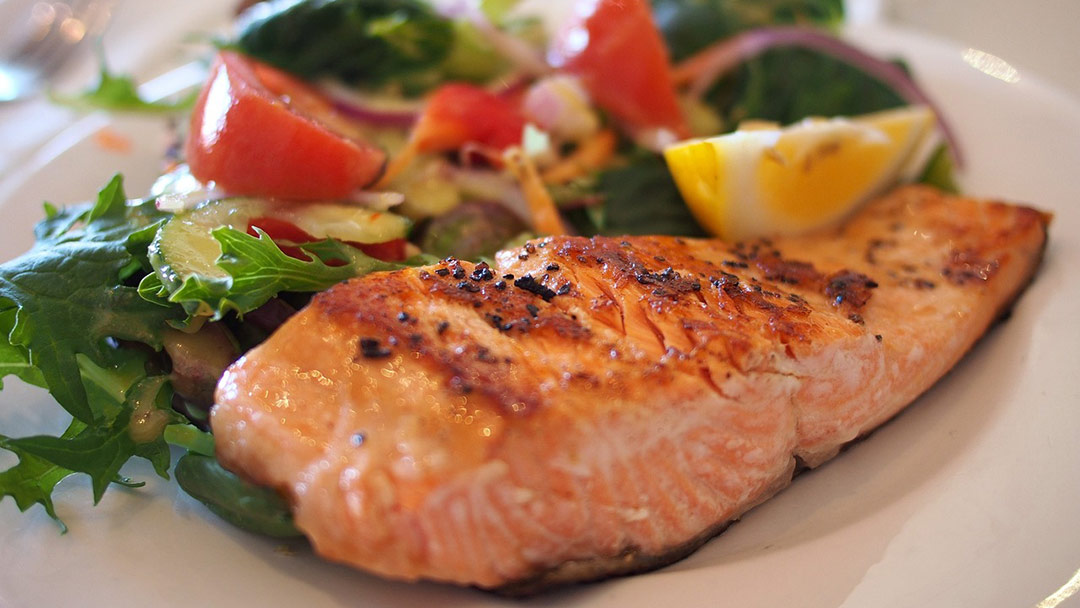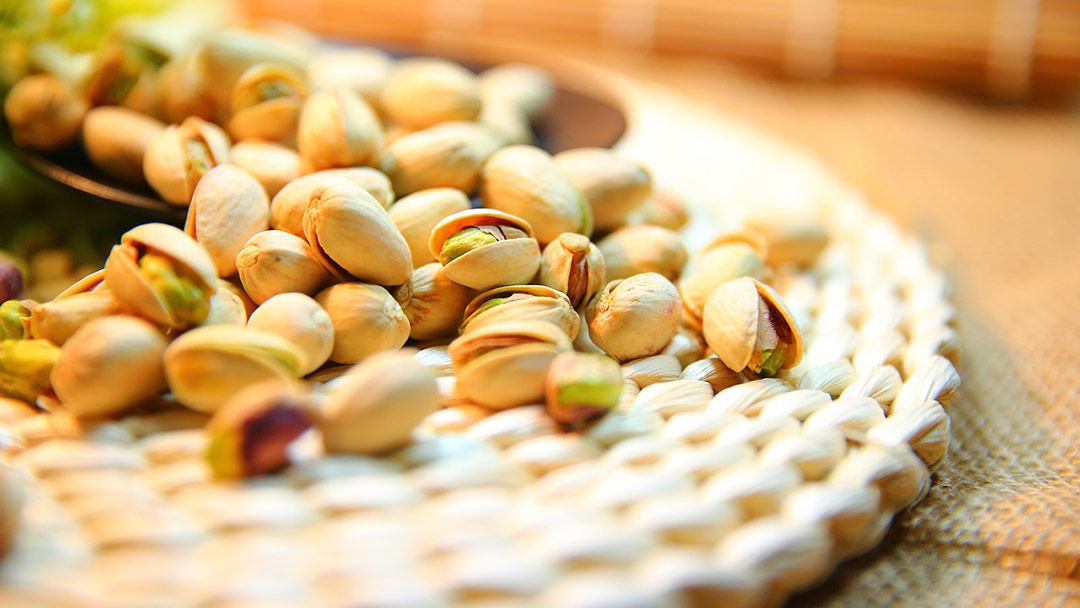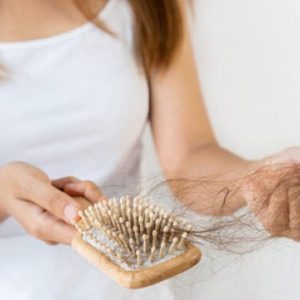When friends experience hair loss, it can affect their life and mood, and they all hope to restore their hair quickly. The easiest solution is to seek medical attention. However, hair problems are usually a reflection of underlying bodily issues, and if there are no diseases present, professional treatment may not be effective. For example, some young people who have not yet started a family or gotten married, who are still studying, may resort to supplementing their kidney and liver in the hospital when experiencing hair loss. However, such an approach may seem a bit misguided.
Hair loss is primarily a result of bodily issues, and other than medication, there are many ways to adjust the body. Similar to treating a cold or a runny nose without medication, going out for a 2-kilometer run, having a satisfying meal, and getting a good night’s sleep can often remedy the issue. For people experiencing hair loss due to Qi and Blood deficiency, medication is unnecessary; instead, running regularly for six months may be an effective solution. While doctors are aware of such alternative methods, they may still prescribe medication upon seeing a patient. Therefore, taking medication is just one approach, and adopting a healthy diet and lifestyle is recommended.
Here are some healthy methods that are beneficial for hair growth:
1. Eat more seafood, beef, and oysters, and less pork and lamb
Seafood and river fish are vastly different; seafood is cold in nature, but more nutritious, with little risk of parasitic, bacterial and viral infections. The flesh is fatty and the protein and Vitamin D content is high, as well as the ideal Omega-3 fatty acid proportion.

Beef is abundant in protein, iron, and zinc. It’s the meat with the highest iron content and regular consumption can prevent anemia. Zinc can enhance the strong connection between the scalp gland and the hair follicle, giving it a firm grip.
Oysters contain a large amount of mineral elements that can regulate hormones and promote gland metabolism. It’s the food with the highest zinc content.
2. Supplement with more vitamins, eat more vegetables, fruits, and nuts
Vegetables and fruits are the primary source of vitamins. Vitamins are essential for cell metabolism and division. Their primary role is to speed up cellular metabolism, facilitate the exchange of cell fluids with the outside environment, and promote growth.

It’s important to only consume fruits and vegetables that are in season instead of off-season produce.
Nuts, especially tree nuts, should be eaten regularly. Cashews, almonds, and walnuts are all recommended.
It’s beneficial to cultivate a snacking habit and consume nuts, dried fruits, and other snacks to enrich your diet.
3. Pay attention to daily grooming, avoid common mistakes
Groom your hair regularly but avoid plastic, synthetic, or sharp-toothed combs. Use a wooden massage comb instead and refrain from combing your hair too often.
Massage your scalp with professional techniques, avoid pulling on your hair, and avoid rubbing your scalp, which may cause hair to fall out from its roots.

Don’t shampoo your hair more than twice a week. Dilute shampoo with water before applying it to the ends of your hair, instead of applying it directly to the scalp. Wash and comb your hair from back to front, instead of always starting from the front. Air-dry your hair naturally, instead of using hair dryers or repeatedly wiping it dry.
Moisturize your scalp regularly, avoid picking on your scalp, or pulling out hair. Reduce hair treatments like dyeing or perming, and limit chemical use.
4. Cultivate good habits
Smoking causes scalp capillaries to contract, and it affects hair development and growth. Excessive drinking can cause gastrointestinal diseases, affecting protein, vitamin, and mineral absorption, and thus hair growth.
An unstable mental state and anxiety can lead to hair loss. The worse the mental state, the more severe the hair loss. The more stressful life is, or the more busy work is, the more likely hair loss is to occur. It’s essential to learn how to relax, ensure an adequate amount of sleep, exercise more, and develop hobbies.

Eat lightly and avoid oily or hot foods. Reduce spice intake. Eat food that’s good for hair growth.
For those who experience occasional and short-term hair loss, it’s usually due to temporary bodily imbalances. We can adjust our diet and lifestyle accordingly. If the hair hasn’t grown for a long time, avoid delaying and preventing hair loss from becoming chronic by causing hair follicle atrophy. Apply hair matrix nutrition solution to the scalp promptly, supplementing the scalp cells with additional nutrients, improving the scalp cellular environment. This method will alleviate hair loss, promote hair follicle cell growth and metabolism, and restore the hair’s vitality. This is better than procrastinating and turning simple temporary hair loss into chronic hair loss.








